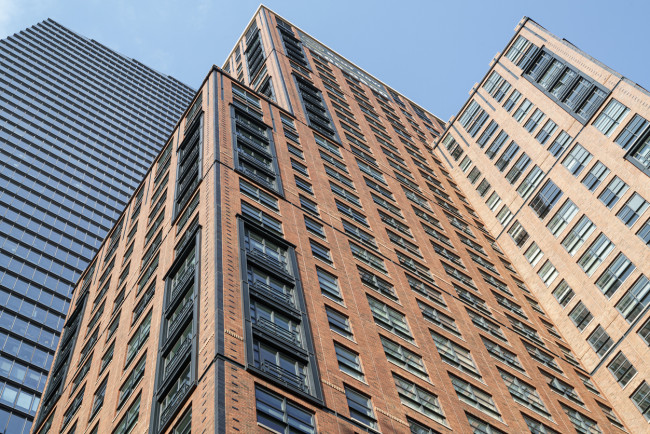A landlord's broker fee still falls on the renter, NYS confirms

Guidance from the Department of State has been updated to confirm that renters are responsible for the landlord's broker's fee.
Emily Myers for Brick Underground
In the fight over broker's fees, renters lost the latest round—and now the ruling is available for renters and brokers alike to check. Guidance updated by the Department of State confirms the recent ruling that landlords' brokers can continue to collect fees from renters. And although the new ruling, designed as a useful FAQ, in effect changes nothing, it does follow months of push and pull about who pays the fee in New York City and now helps clarify what is allowed and what is not.
The fight over the landlord's broker fee highlights what has changed about renting in NYC—and what has not. Now that renters can easily find listings online themselves, paying a fee to the landlord's broker can feel absurd. However, the updated guidance answers questions about this and other issues, specifically about additional security deposits for pets and move-in expenses, and whether some parts of the law are retroactive for leases that were signed before the 2019 rent reforms went into effect—the answer is mostly not.
The renter-paid broker fee
The broker fee is generally one month’s rent or up to 15 percent of the annual rent and it has frustrated and confounded NYC renters for years, especially when the broker they are paying is working for the landlord and doesn't represent the renter at all. If you're using a broker to help you find an apartment you would expect to pay the fee because they are finding places that meet your criteria and representing you in negotiations, but plenty of tenants don't hire brokers directly and are still stung by this cost.
Spelling it out, the guidance says landlord's agents are allowed to collect a broker fee from renters.
In better news for renters, plenty of apartments are still sitting empty as a result of the pandemic so landlords are trying to sweeten the deal for renters by covering the broker fee themselves. (When a listing says "no-fee" it means the renters won't be charged, but the broker still gets paid and it's the landlord who does so.) How long they will continue to do this will depend on the market.
No additional deposits for pets or move-ins
The law is very clear that you can't be asked to pay several month's rent in advance or more than one month's rent as a security deposit. The guidance clarifies that renters can't be asked for an additional security deposit for a pet or for move-in expenses.
One other area that's spelled out is how much of the new law is retroactive. For example, if you signed a lease before 2019, which is when the new tenant protections were instituted, a landlord isn't going to face penalties if they hold onto a security deposit that is more than one month's rent. Nor will there be any discipline for late fees that exceed the newly imposed $50 limit if the lease was signed before 2019.
A rental application fee
If you're confused about whether more than one person can be asked to pay the $20 application fee, the update guidance has the answer: Yes. A broker can collect an application fee for all the applicants who will be on the lease but each fee is capped at $20. An important detail here is that you or others on the lease can only be charged if you are also provided with copies of the background or credit checks.
This fee must be waived if you provide a qualifying copy of a background check or credit check within the past 30 days. So if you're applying to two or more apartments within a 30-day period you should only have to pay an application fee once because you will have received a copy of the paperwork with your first application.
Can you be asked to use a specific company to do the background and credit checks? The answer is yes, but again, the cost cannot exceed $20 and if you provide qualifying paperwork you won't have to use a landlord's preferred company. If there are concerns the paperwork has been altered in some way, it will be up to the broker or agent to get a second one at their own expense.
You Might Also Like



























